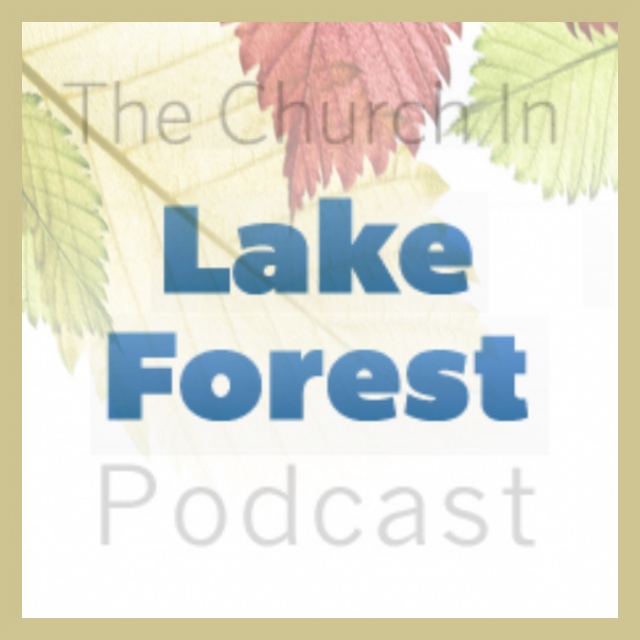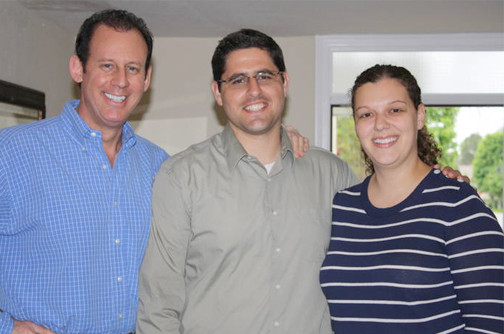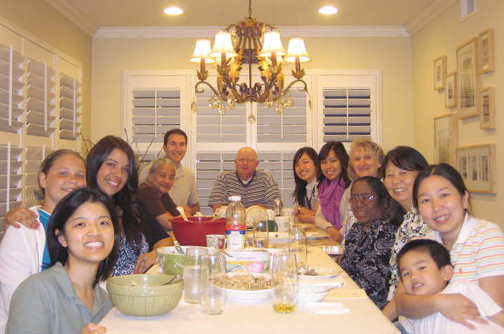Speaking the Word
Posted on Nov 6, 2016 in Lord's Day Ministry | 0 commentsScripture Reading: Num. 11:28-29; 1 Cor. 14:24, 31, 26; 12:8; Acts 1:8; 2:41, 46-47; 5:42; Eph. 6:17-18; Col. 3:16; Acts 8:1, 4; 2 Tim. 4:2; 1 Cor. 12:3
I. We have already seen that God desires all men to come to the full knowledge of the truth; a second desire of God’s heart is that we would speak for Him; everyone must speak:
- In the book of Numbers in the Old Testament there is the concept that everyone must speak the Word of God or that everyone is able to speak the Word of God—Num. 11:29:
- Num. 11:29 says, “But Moses said to [Joshua], Are you jealous for my sake? Oh that all Jehovah’s people were prophets, that Jehovah would put His Spirit upon them!”
- Moses desired that all the people of Israel would be prophets, those who spoke for God; this word was a great prophecy uttered by Moses.
- In the New Testament, Paul also spoke this kind of word—1 Cor. 14:31:1.
- The word by Moses (Num. 11:29) was promoted by Paul in 1 Corinthians 14 and is fulfilled in God’s New Testament economy by the prophesying of the believers in the church meetings—vv. 24, 31.
- In 1 Corinthians 14:31 Paul said, “You can all prophesy one by one”; the word in Greek includes the right and also the ability.
- God’s desire has always been that all His people, in both the Old and New Testaments would be a speaking people.
II. We need to practice the divine speaking in our daily life, ministry and meetings:
- We have to realize that as believers we all have been made the witnesses of the living Christ— Acts 1:8:
- In Acts 1:8, the Lord Jesus told His disciples, “But you shall receive power when the Holy Spirit comes upon you, and you shall be My witnesses both in Jerusalem and in all Judea and Samaria and unto the uttermost part of the earth.”
- In this verse the crucial point is, “You shall be My witnesses”; witnesses are speakers.
- The disciples after Christ’s ascension were witnessing the living One; their speaking was concerning His being God, His incarnation, His living on this earth, His being crucified, His resurrection, His staying with them for forty days, and His ascension.
- Three thousand believed and were baptized; then they began to meet, not only in the temple, but also from home to home; in their homes they preached and they taught; they preached Jesus and they taught Jesus—2:41, 46-47; 5:42.
- We can practice the divine speaking by using the life-studies in the home meetings; there are at least seven ways to read:
- First you have to read in a short way; just read a short portion.
- Second, if that portion is crucial, repeat it; this repeating-reading is very living, very meaningful, and very impressing.
- The third way is to read with some explanation; but not with too much; sometimes some wordings or terminologies in certain messages are not common.
- Another way is to pray-read; sometimes when you have crucial verses, you have to pray-read them—Eph. 6:17-18.
- You also need to read with some variation in your voice, just like music; sometimes the melody goes up and comes down; sometimes it is faster; sometimes it is slower.
- We can also pray-sing; when we read a verse, perhaps you will have a hymn or a chorus that just matches that thought—Col. 3:16.
- Then there is another way to read: to read in order to apply, an applying-reading; you may read a verse and apply it to your situation, to your present need.
- We need to speak Christ to others in a living way—Acts 8:1, 4:
- Acts 8:1 tells us that all the thousands of new believers were scattered throughout Judea and Samaria as a result of a great persecution; those who were scattered preached the good news of the word wherever they went—v. 4.
- Those scattered ones had learned just to speak the same thing; wherever they went they spoke Christ.
- All of us in the Lord’s recovery have to speak Christ in our daily life to our parents, our children, our cousins, and our in-laws; we all owe so much to our relatives.
- Speak about Jesus, Christ, the life-giving Spirit, the all-inclusive, processed Triune God.
- Continue to speak Christ every day; speak in your office, at the coffee break, at your lunch break; at least five minutes every day, five days a week, four weeks a month.
- We should not take the defamation of the opposers as an excuse any longer; forget about all the defamations; we just need to speak Christ to others.
- We need to preach the word in season and out of season—2 Tim. 4:2:
- In 2 Timothy 4:2, Paul charged Timothy to “preach the word; be ready in season and out of season.”
- The word Paul charged Timothy to preach was the word in the sacred writings of the Scriptures that Timothy had known from a babe (3:15); we all have to get into the Word, into the Scriptures.
- Paul charged Timothy to be ready “in season and out of season,” to preach the word; many times we say that now is not the time to speak; that it is out of season; that is the right time to speak; we all must speak out of season.
- Every school is a big fishing pond full of fish; this is an environment arranged by God for speaking to others; we have to learn to catch these fish by speaking Christ to them.
- We need to speak in the Holy Spirit for the building up of the church—1 Cor. 12:3:
- In 1 Corinthians 12, Paul refers to the matter of speaking in the meetings; in verse 3 he says, “No one speaking the Spirit of God says Jesus is accursed; and no one can say, Lord Jesus, except in the Holy Spirit.”
- We do have 1 Corinthians 12:3 as the solid ground to say with assurance that we are in the Holy Spirit; we just say, “O Lord Jesus,” and we are in the Holy Spirit.
- When we come to the meetings, we need to practice speaking this way in the Holy Spirit; when we open our mouth to speak, we need to open our mouth with the Spirit.
- In the local church, two or three meet together into the Lord’s name (Matt. 18:20); we need the small meetings, small to such an extent that only two or three come together; in such a meeting there is the possibility for Him to build up the church.
- There is no other way to build up the church but by all of us learning to speak Christ, to speak for Christ, and to speak forth Christ; we must speak in our daily life, in our office, in our school, in our family, in our ministry, and especially in the small groups.
Spoken October 6, 2016







